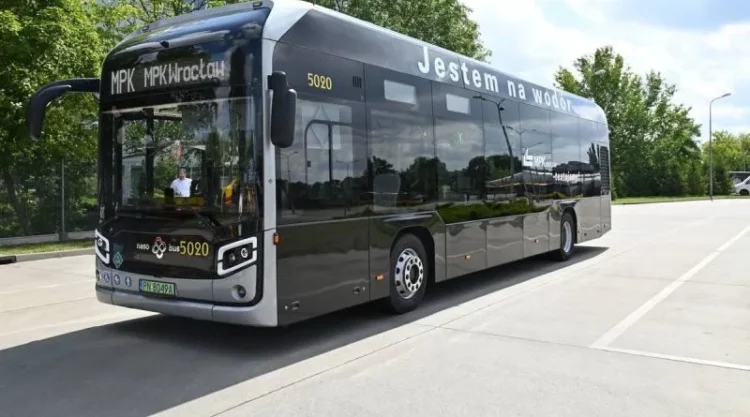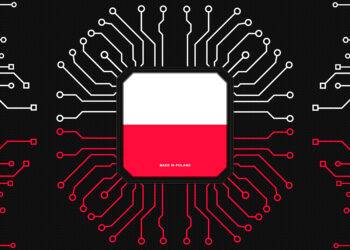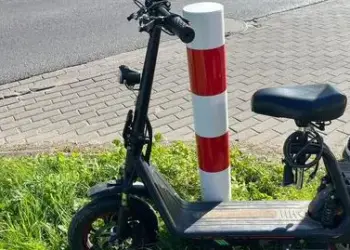The first hydrogen-powered NesoBus has been introduced in Wrocław, promising to improve air quality while providing a comfortable, eco-friendly mode of transportation. Residents will have the opportunity to experience this zero-emission bus over the next month.
NesoBus, which stands for “Nie Emituje Spalin i Oczyszcza” (No Emissions and Cleans), is designed to be environmentally friendly and efficient. It consumes around 8 kg of hydrogen per 100 km, with tanks that can hold 37.5 kg, allowing it to travel approximately 450 km on a single fill. The bus can carry up to 93 passengers, including 37 seated.
Advanced Features and Environmental Impact
Equipped with features such as wireless smartphone charging, NesoBus caters to modern passenger needs. The spacious driver’s cabin includes a customizable console for vehicle operation, enhancing the overall driving experience. The hydrogen refueling process at NESO stations takes about 15 minutes for buses, emphasizing the convenience and environmental benefits of this new technology.
Witold Woźny, President of MPK Wrocław, highlighted the city’s commitment to sustainable transport and improving residents’ quality of life. “The introduction of NesoBus is a significant step towards reducing harmful emissions and enhancing travel comfort and safety for our passengers,” he said.
Production and Future Plans
Manufactured in Świdnik by PAK-PCE Polski Autobus Wodorowy, a company established by Grupa Polsat Plus and ZE PAK, NesoBus represents a leap forward in clean public transportation. The bus operates by combining hydrogen with oxygen from the air to produce electricity, emitting only water and steam as byproducts.
Currently, Poland has two NESO hydrogen refueling stations in Warsaw and Rybnik, with more planned for Gdynia, Gdańsk, Lublin, and Wrocław. These stations serve both buses and private vehicles, making hydrogen fueling as straightforward as traditional refueling methods.
In 2024, Wrocław joins cities like Chełm, Sosnowiec, and Gdańsk in testing NesoBus. Since its debut in 2022, trials have also been conducted in Gdynia, Warsaw, Rybnik, and Szczecin, paving the way for broader adoption of hydrogen-powered transport across Poland.
Background
The NesoBus project aligns with global trends towards greener, more sustainable urban mobility solutions. By leveraging hydrogen fuel cell technology, it aims to address both the environmental impact of public transport and the growing demand for cleaner, renewable energy sources.
With its debut in Wrocław, NesoBus continues to set a precedent for the future of urban transportation, offering a glimpse into a cleaner, more sustainable way of commuting.


















